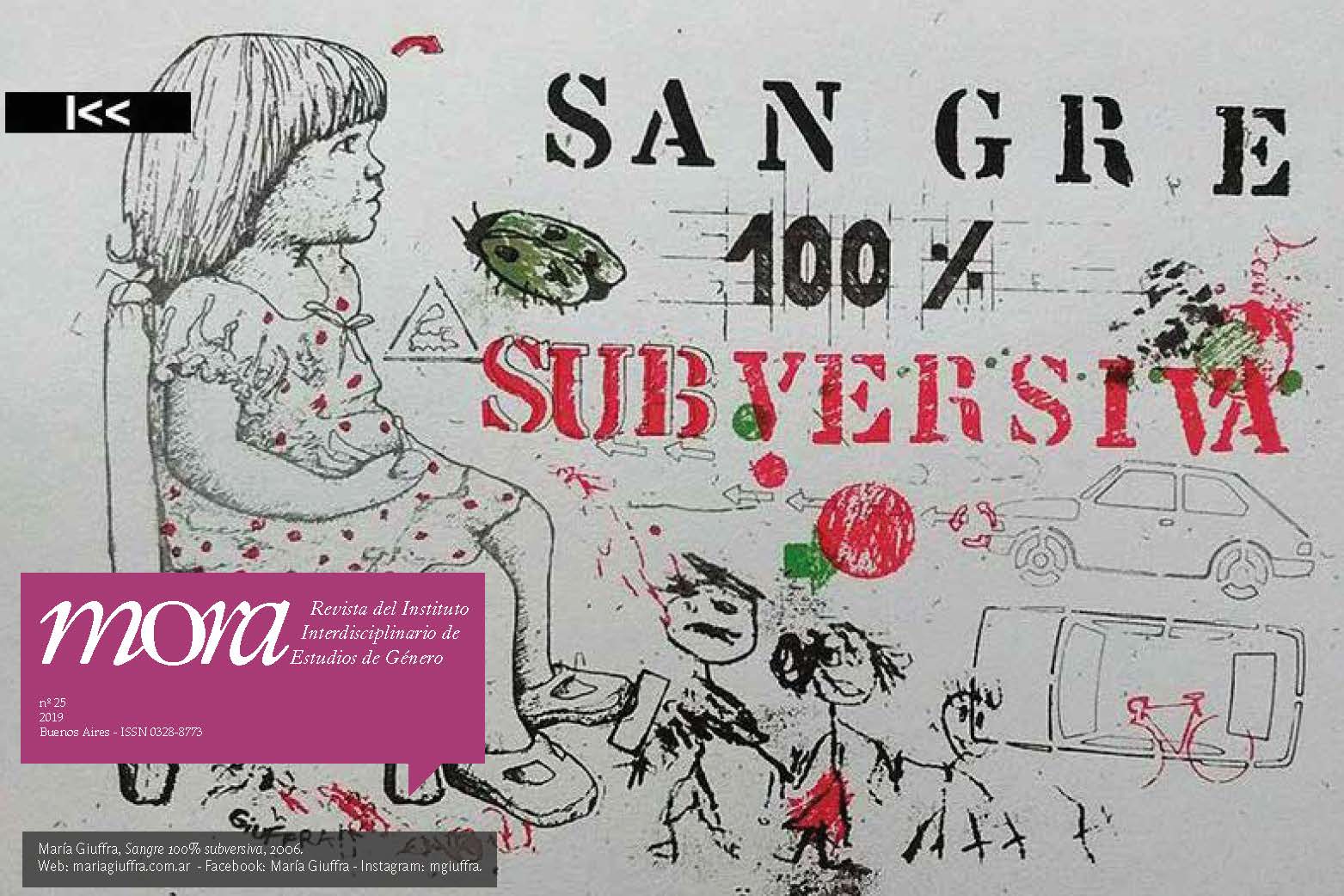Foucault, capitalismo y sexualidad: tensiones conceptuales circa 1976
Abstract
This article engages in an analysis of the concept of “capitalism” in Michel Foucault’s History of Sexuality with an emphasis on the theoretical debate with Marxism and Neoliberalism. In opposition to contractualism, Foucault founded a new research agenda distancing himself from the repressive hypothesis and characterizing sexuality as an artificial unit of relatively recent historical character. The author provided examples of the historical emergence of sexuality that coincided chronologically with the rise of capitalism. Meanwhile, he also proposed to disassociate sexuality and capitalism turning to binary approaches that opposed West and East, or identifying pre-Capitalist Christian confession as an early stage in the genealogy of sexuality. An ambivalence in the use of the category of capitalism is present throughout the text: sometimes the term surfaces explicitly while it is denied in other paragraphs. Since the History of Sexuality became a founding text for a discipline bearing the same name, the original ambivalence towards Marxism and the concept of capitalism was amplified in later studies during the last four decades.Downloads
Download data is not yet available.
Published
2020-08-19
How to Cite
Ben, P. (2020). Foucault, capitalismo y sexualidad: tensiones conceptuales circa 1976. Mora, (25), 63-84. https://doi.org/10.34096/mora.n25.8492
Issue
Section
Dossier





1.png)




